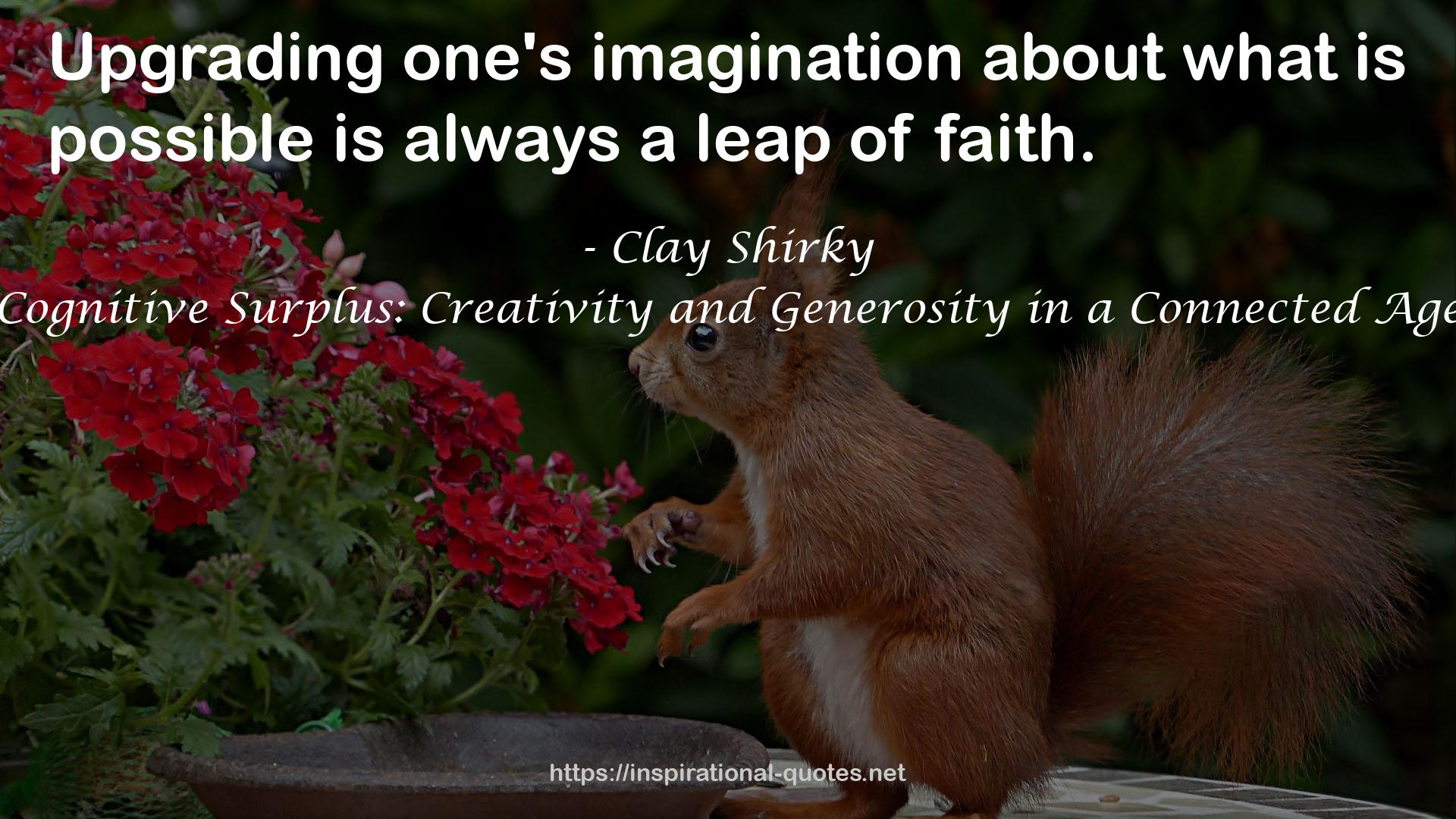12
" Theories of generational difference make sense if they are expressed as theories of environmental difference rather than of psychological difference. People, especially young people, will respond to incentives because they have much to gain and little to lose from experimentation. To understand why people are spending so much time and energy exploring new forms of connection, you have to overcome the fundamental attribution error and extend to other people the set of explanations that you use to describe your own behavior: you respond to new opportunities, and so does everybody else, and these changes feed on one another, amplifying some kinds of behavior and damping others. People in my generation and older often tut-tut about young people’s disclosing so much of their lives on social networks like Facebook, contrasting that behavior with our own relative virtue in that regard: “You exhibitionists! We didn’t behave like that when we were your age!” This comparison conveniently ignores the fact that we didn’t behave that way because no one offered us the opportunity (and from what I remember of my twenties, I think we would have happily behaved that way if we’d had the chance). The generational explanations of Napster’s success fall apart because of the fundamental attribution error. The recording industry made that error when it became convinced that young people were willing to share because their generation was morally inferior (a complaint with obvious conceptual appeal to the elders). This thesis never made sense. If young people had become generally lawless, we’d expect to see a rise not just in sharing music but also in shoplifting and other forms of theft. "
― Clay Shirky , Cognitive Surplus: Creativity and Generosity in a Connected Age

